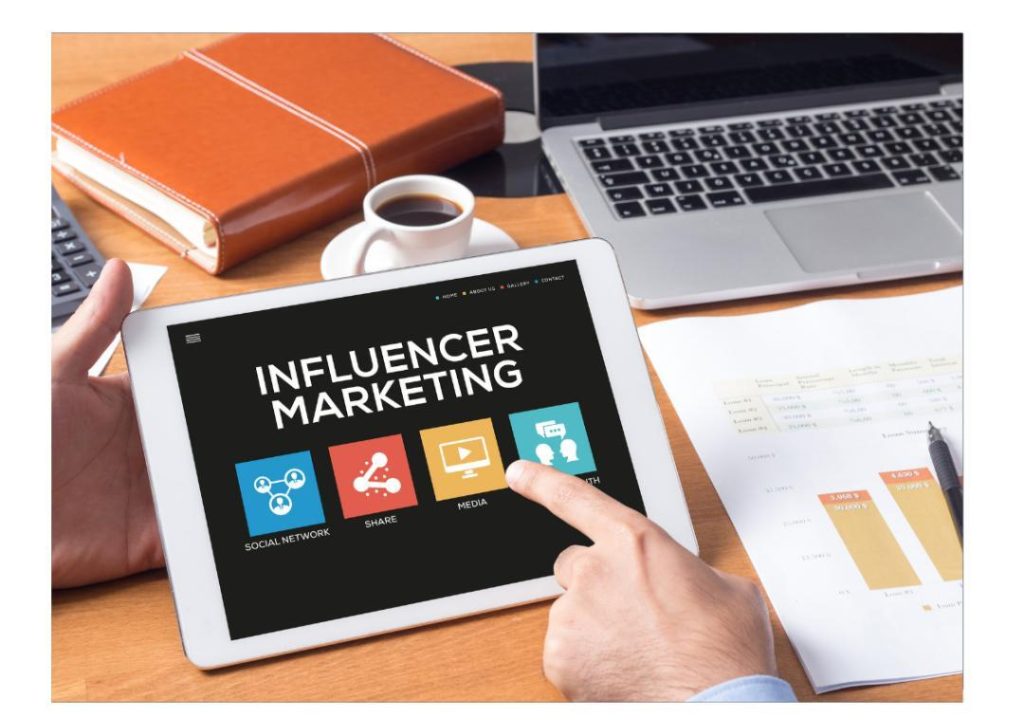
Influencer Collaborations in EdTech Marketing: Partnering with Educators and Micro-Influencers for Credible Reach
In the rapidly evolving EdTech landscape, EdTech brands are constantly seeking innovative ways to build trust, expand their reach, and establish credibility with potential customers. One effective strategy that has gained popularity in recent years is partnering with educators and micro-influencers. Unlike traditional celebrity endorsements, these influencers bring subject matter expertise and authentic engagement, making them credible voices within their communities.
The importance of credibility in EdTech marketing cannot be overstated. EdTech brands must establish themselves as trusted authorities in the education sector, particularly in the age of digital learning. Partnering with educators and micro-influencers offers a unique opportunity to tap into their expertise, networks, and audience loyalty, ultimately driving brand awareness and conversion.
Why Partner with Educators and Micro-Influencers?
- Subject Matter Expertise: Educators and micro-influencers have a deep understanding of the education sector, its challenges, and its trends. They possess a wealth of knowledge about curriculum design, instructional strategies, and educational technology, making them an invaluable resource for EdTech brands.
- Authentic Engagement: Educators and micro-influencers have built a reputation among their peers and students, fostering a sense of trust and authenticity. Their audience is eager to learn from their experiences, opinions, and recommendations.
- Niche Influence: Micro-influencers, in particular, have a strong presence within specific niches, such as special education, STEM education, or language learning. This targeted influence allows EdTech brands to reach a highly engaged audience that is more likely to be interested in their products or services.
- Cost-Effective: Partnering with educators and micro-influencers is often more cost-effective than partnering with traditional celebrities or influencers. This is especially true when considering the long-term benefits of building relationships with niche influencers who can drive sustainable growth.
How to Partner with Educators and Micro-Influencers
- Identify Potential Partners: Research and identify educators and micro-influencers who align with your EdTech brand’s values, mission, and target audience. Utilize social media listening tools and influencer marketing platforms to discover new influencers.
- Build Relationships: Reach out to potential partners and establish a relationship. Attend educational conferences, join online communities, and engage in discussions to build trust and credibility.
- Collaborate on Content: Work with educators and micro-influencers to develop content that showcases their expertise and your EdTech brand’s products or services. This content can take many forms, including blog posts, videos, podcasts, and social media posts.
- Monitor and Measure: Track the performance of your collaborations and measure their impact on your brand. Utilize analytics tools to monitor engagement rates, reach, and conversion rates to refine your influencer marketing strategy.
- Foster Long-Term Relationships: Treat your influencer partnerships as long-term investments. Continuously engage with your partners, provide value, and seek feedback to ensure a mutually beneficial relationship.
Case Studies and Success Stories
- Khan Academy: Khan Academy, a popular online learning platform, partnered with educators and micro-influencers to promote their resources and courses. By leveraging the expertise of these influencers, Khan Academy expanded its reach and credibility among educators and students.
- Duolingo: Duolingo, a language-learning app, collaborated with language teachers and micro-influencers to develop interactive content and promote their platform. This partnership helped Duolingo reach a wider audience and establish itself as a trusted authority in language learning.
- Coursera: Coursera, an online learning platform, partnered with educators and industry experts to develop specialized courses and promote its platform. By leveraging the credibility and expertise of these partners, Coursera expanded its reach and reputation in the EdTech sector.
Conclusion
Influencer collaborations with educators and micro-influencers have become a strategic move for EdTech brands looking to build trust and expand their reach. By partnering with credible voices within the education sector, EdTech brands can establish themselves as authorities in their field, drive brand awareness, and ultimately drive conversion.
As the EdTech landscape continues to evolve, it is essential for brands to adapt their marketing strategies to meet the changing needs of educators and students. By embracing influencer collaborations and leveraging the expertise of educators and micro-influencers, EdTech brands can build a strong reputation, drive growth, and ultimately make a positive impact on the education sector.
News Source:
https://www.growthjockey.com/blogs/future-of-ed-tech-social-media-marketing






